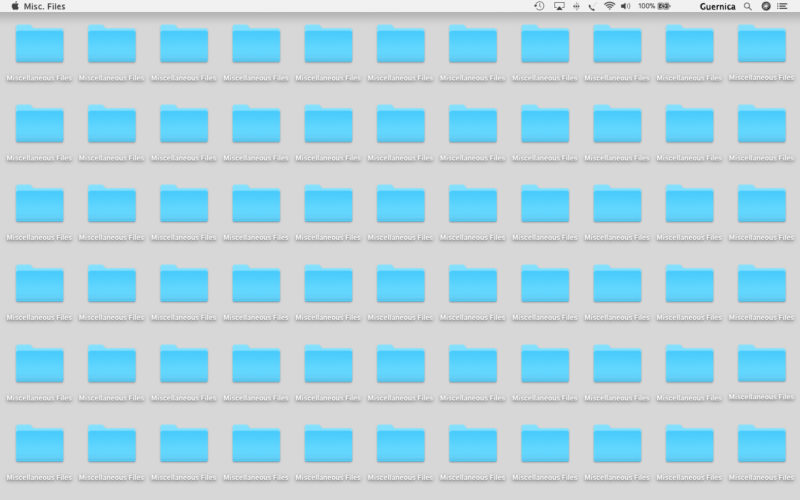Miscellaneous Files is a series of virtual studio visits that uses writers’ digital artifacts to understand their practice. Conceived by Mary Wang, each interview provides an intimate look into the artistic process.
***
2021
Victoria Law: “We understood that prisons and police would not make us safer.”
Rivka Galchen: “What we run away from often determines where and to what we run.”
What Happened to Paula: “She was different from them. And that’s why I loved her.”
Patricia Lockwood: “I like the things people on the internet can’t talk about.”
Elizabeth Lo: “Like the dogs, I existed in a limbo where I wasn’t entirely part of human society.”
2020
Laila Lalami: “We have to think about citizenship as a relationship.”
Hilton Als: “It’s always so moving to see how art claims us out of a kind of loneliness.”
Anne Helen Peterson: “What else is there but my ability to work?”
Miscellaneous Files on Racial Justice: Eric Ward, Cat Brooks
Miscellaneous Files on Racial Justice: Sylvana Simons, Rosebell Kagumire, Amanda Adé
Ken Liu: “We get to define the stories we want to be told about us.”
Ariella Aïsha Azoulay: “It is not possible to decolonize the museum without decolonizing the world.”
Namwali Serpell: “I almost always find my errors productive.”
2019
Helen Phillips: “Living with the awareness of the abyss is probably a good thing.”
Wayne Koestenbaum: “I use obscene as a term of praise.”
Binnie Kirshenbaum: “If you think you shouldn’t say something, say it.”
Leanne Shapton: “The mix of proof, shock, and totally crappy images.”
Valeria Luiselli: “There are always fingerprints of the archive in my books.”
Anelise Chen: “Then I changed it to third-person clam, and that was exactly how it was meant to be.”
2018
Jabari Asim: “Narrative can be a form of resistance.”
Ottessa Moshfegh: “Sentimentality is a curse.”

